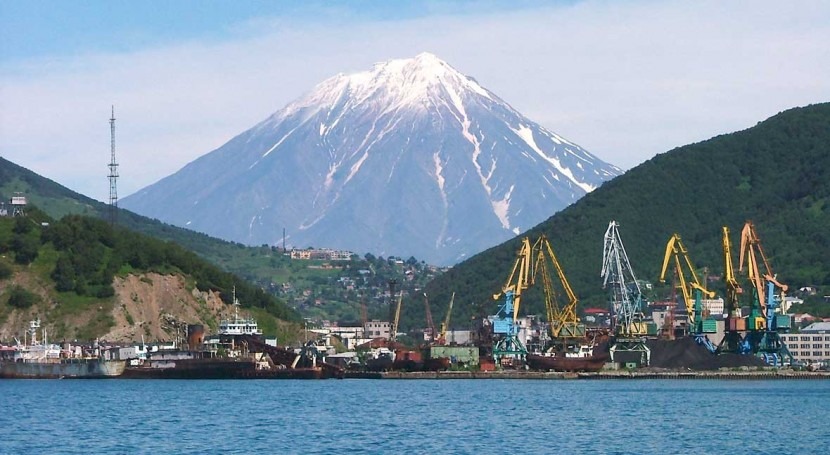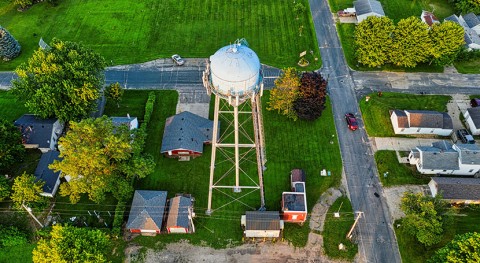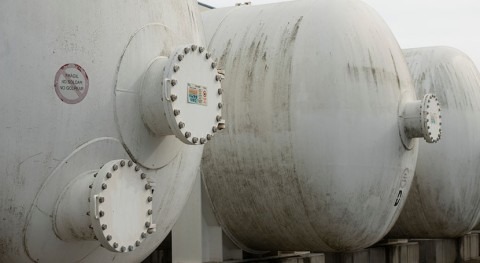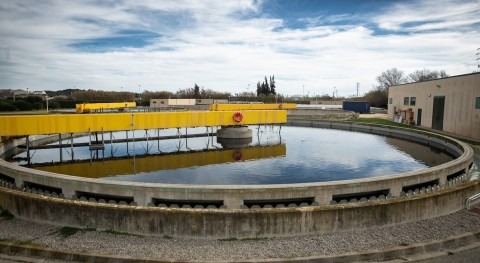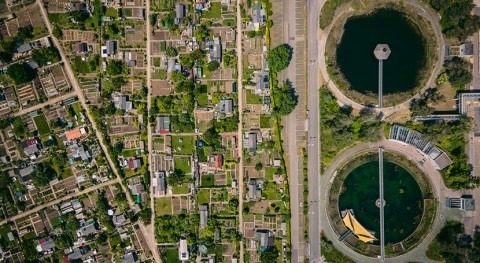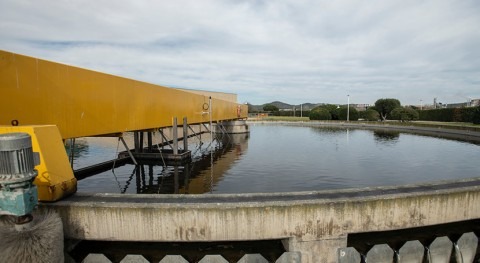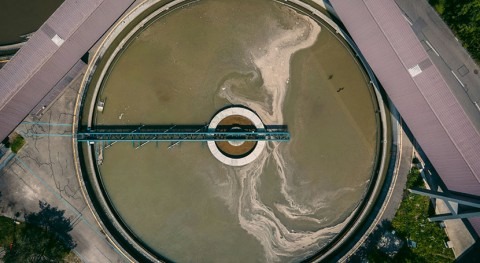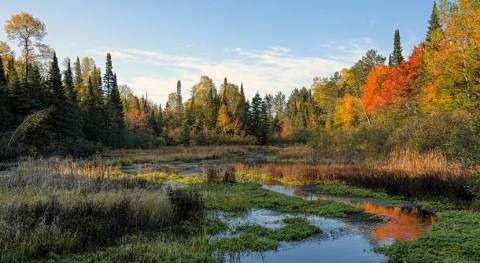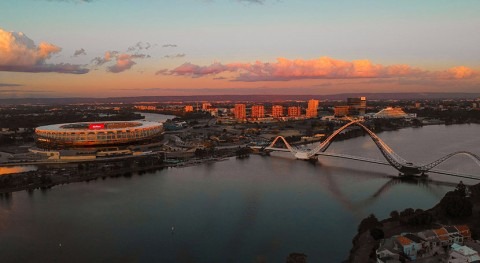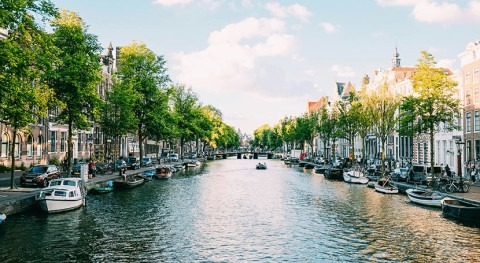Russia’s Federal Service for the Supervision of Natural Resources, Rosprirodnadzor, opened last week an investigation into unexplained toxic pollution off the coast of the Kamchatka peninsula in the far east of the country. Last Thursday the Federal Service said they had found even higher levels of pollutants in rivers located in the area than in the affected marine waters, informs Reuters.
Kamchatka, a remote area of Russia which used to be off-limits during the USSR era since it housed military facilities, is increasingly more popular for tourists as a wilderness destination. Greenpeace has reported large numbers of dead marine creatures washing ashore and denounced the situation as an ecological disaster last week. WWF has pointed to a highly toxic substance as the probable cause.
The official cause of the pollution is yet to be established. The Federal Service Rosprirodnadzor said high concentrations of phosphates, iron and phenol were detected in the rivers that enter Avacha Bay on the south-eastern coast of Kamchatka, several times higher than those in coastal waters.
According to the Polar Journal, the cause of the environmental disaster is a matter of debate: there are various institutions, organisations and authorities involved in the investigations, and the reports on the results have been chaotic. While environmental organisations and the Federal Service Rosprirodnadzor have found evidence of a human cause, the regional authorities have cited natural causes such as algal blooms or volcanism as a possible cause.
Vladimir Chuprov, project director with Greenpeace Russia, noted that “The results that have been received are not enough to show the full picture of what has happened”, and worried that the official investigation is taking a long time. The presence of heavy metals in the water is still under study, while no analyses have been done of the animal carcasses found.
The Russian Investigative Committee said marine life have been found dead on shore from September 1 to October 3, and oil components such as phenol have been found in marine waters. The authorities have confirmed all possible sources of the pollution are being investigated.


